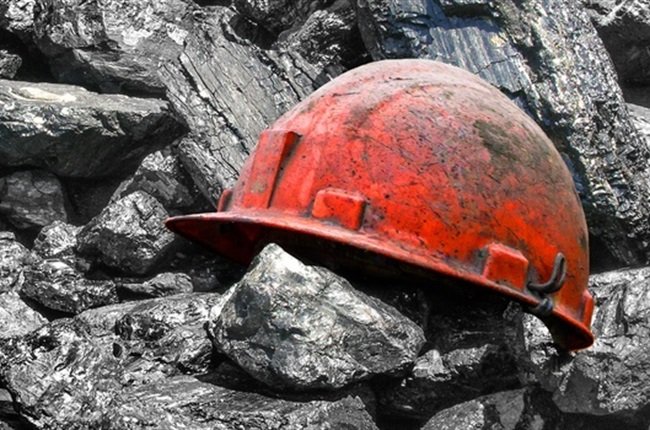Some corrupt individuals are buying mining claims in Zimbabwe for US$300 and selling them for at least US$100,000 without remitting tax to authorities, Parliament heard on Thursday.
This was revealed by Shamva South MP Joseph Mapiki during the Budget Debate of the Finance Bill in Parliament, who stated that the Treasury must focus on mines because mining operations generate a lot of money.
According to the legislator, he heard from the Chairpersons of Mines that mining is a low-hanging fruit with a lot of resources but not much attention is paid to it.
“The issue of issuance of licensing in mines has to be looked into. Someone pays 300 dollars and yet they get millions and millions of dollars. This means in the gold claims people are supposed to look into and the gold buyers are also supposed to be looked at because they are supposed to pay large amounts so that they can help in financing the budget,” Mapiki said.
“Some people are buying mines for 300 dollars and the following week he sells the same mine for 90 000 or 100 000. Local authorities and the government are not benefiting from these transactions. There are a lot of mischievous, corrupt people who are stealing from the Government.”
The legislator mentioned a law that stated ‘work on it or lose it,’ claiming some people have more than 30 claims of mines, which they purchased for $200 but are not productive.
“We are now complaining about the issue of a passport that you get for 200 dollars but there is someone who has 30 claims which has millions of dollars just lying idle. We want that law to be implemented, that person should pay tax which is more than 50%, these mines are not supposed to be idle,” Mapiki said.
The legislator also touched on lithium mining saying there should be a clear-cut policy.
“We want to know where we are going. Looking at the Northern region from Harare going to Dete, Mashonaland East and Mashonaland Central, it is Lithium. We do not even need surveyors to mine this, we just go with our hoes and wheelbarrows to the farms and get the lithium,” Mapiki said.
Former Mines and Mining Development Deputy Minister and Zvishavane-Runde MP Fred Moyo also expressed concern that, while other government departments had devolved to districts, mining had not yet it was a sector, which received the majority of forex payments.
“If 80% of our forex comes from minerals, we actually have a concentration risk. If something goes wrong with that Ministry, then the whole Government is in a domino effect. If you go into our districts, you find that each district under the DA, every ministry of Government is represented in the district. They have meetings daily, weekly and monthly, the only ministry that is missing in districts is the Ministry of Mines and Mining Development,” he said.
“Miners who are bringing in 80% of our forex from the districts are the only ministry that has to travel to provincial offices because they are not in districts.”
Moyo said as result of their absence in districts, the Ministry of Mines was not aware of fights over claims.
“When we get farmers and miners fighting for claims, they are fighting in the districts. The Agritex officer is there, JOC is there … but the Ministry of Mines is missing and they are not looking at the claims that are fought over,” said the MP.
The former deputy minister narrated that he went to some district offices and met the Chief Executive Officer of the Rural District Council and commented on the “busy” mining operations.
When Moyo asked the CEO how many mining claims were in that district, the CEO mentioned three mines and was unsure of the mining claims, noting such officials could support the government by bringing in “the invisible or hidden tax revenue.”
“I calculated and think we have close to half a million claims, if not more in this country but only about 30 or 40% are inspected. They are officially invoiced by the Government to pay the regulated taxes,” Moyo said, stating the reason for the low inspection was the mining ministry does not have vehicles.
“So, all the staff that we are employing in the Ministry of Mines are sitting idly in the provinces and not going on the ground. When we inspect a claim, we go to the ground, look at the corner pegs of the claim, make sure that you take the owner to sign things off before invoicing them – if you do not do that, you cannot invoice them.”
Moyo said: “If we bought a hundred vehicles, put each into our hundred or so districts, decentralise and move mining officers from the province to the district – those vehicles cannot cost us more than the revenue that is sitting in uninspected claims which I calculated.”
“ I may be wrong, and I may be right, it would equal anything up to 300 to 400 million dollars (USD) per year but we are not collecting that because we cannot afford a bakkie to give to an officer to go to a district and inspect claims.”

